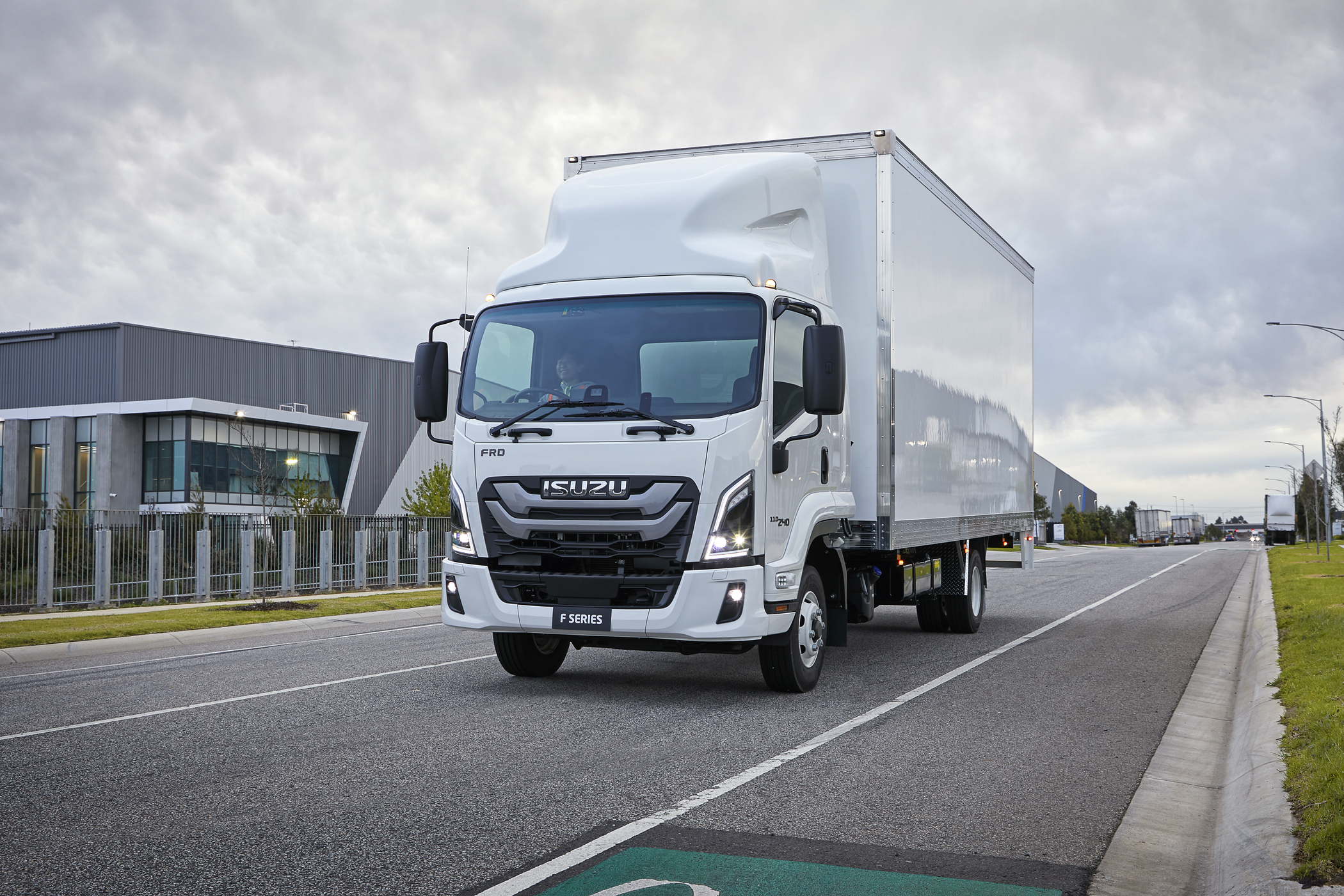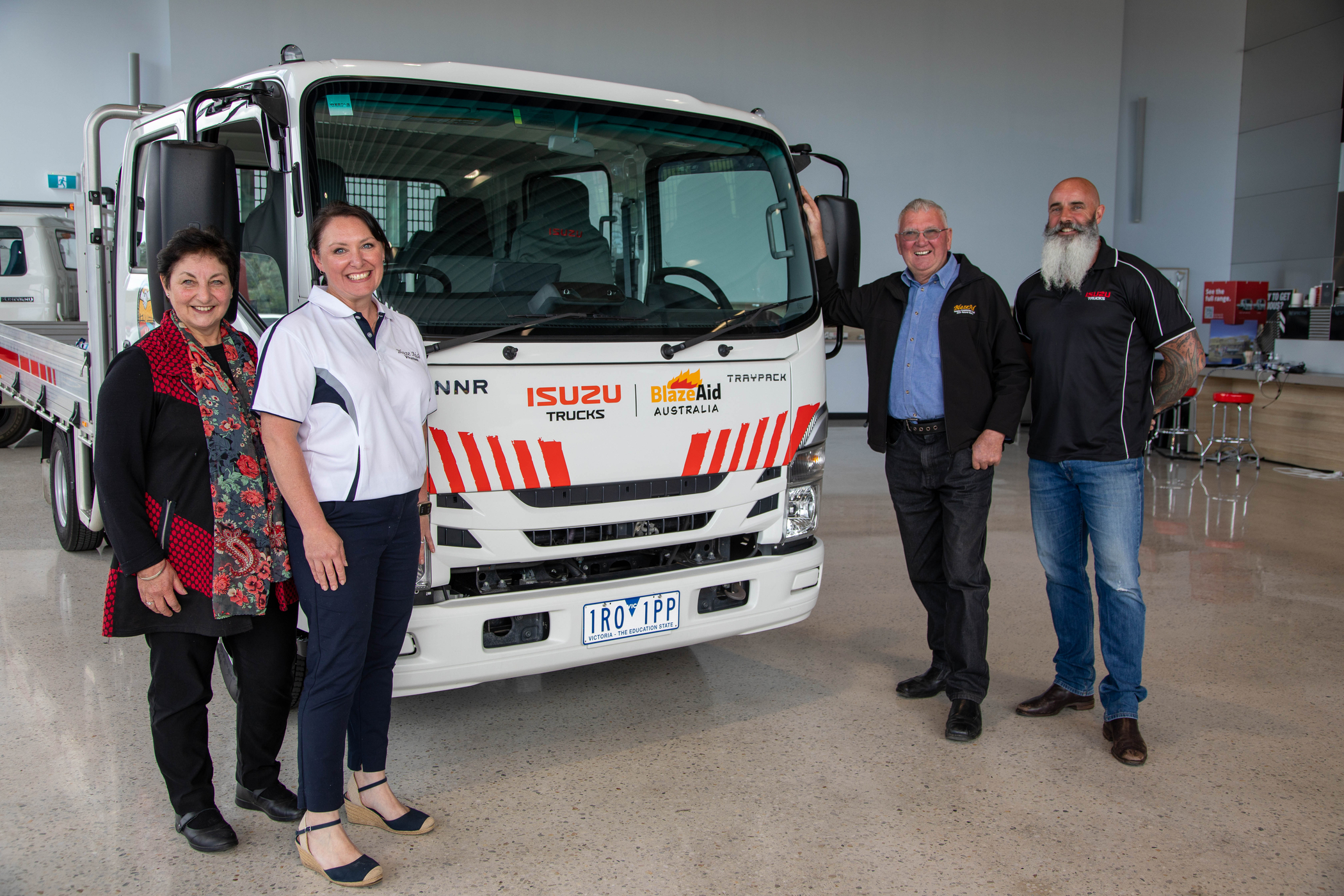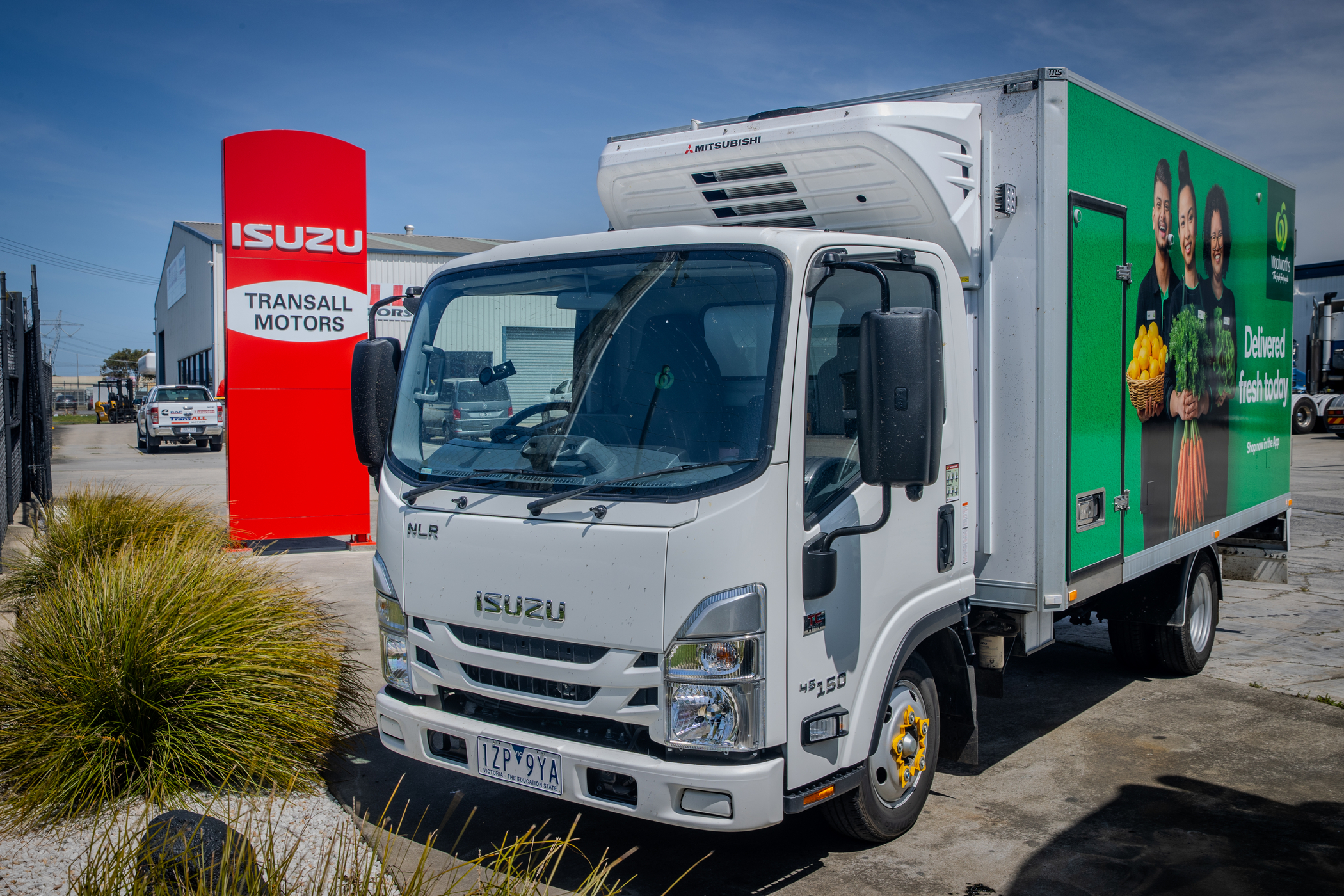KEEPING COMPLIANT: CHAIN OF RESPONSIBILITY FOR FLEET OWNERS

Australia relies on truck fleets working around the clock to keep the country going.
There’s a truck for everything and a driver behind the wheel doing the hard work, from delivering food and commodities like clothing and retail goods, construction materials, and bulk liquids and dry goods such as grain—you name it, trucks move it.
When the Chain of Responsibility (CoR) laws were introduced by the Heavy Vehicle National Regulator (HVNL), the intention was to reduce road fatalities and put a stop to unnecessary pressure on drivers to meet unachievable or unsafe deadlines.
Comprehending CoR laws can be complex, and it requires a concerted effort from all parties involved.
The good news is there is lots of support available to assist businesses in becoming CoR compliant, including federal grants for businesses to introduce CoR training to boost safety along the supply chain.
Keeping trucks compliant with CoR regulation is a huge part of any responsible operation. Here to give insight into ways to achieve CoR compliance with the fleet is Isuzu Australia Limited (IAL) Head of Aftersales Brett Stewart.

Hi Brett, when it comes CoR compliance, what is the first thing that springs to mind to make things easier for both businesses and drivers?
Firstly, you can't go wrong by servicing in line with OEM requirements for your truck fleet. Regular and appropriate maintenance goes a long way to making your fleet CoR compliant by ensuring all components are maintained and operating as they were designed, to give you peace of mind.
There's more to it than that. Regular maintenance and servicing not only help businesses operate seamlessly but also prevent unexpected costs in the future, such as sudden breakdowns and parts replacements.
Original Equipment Manufacturers like Isuzu offer a variety of packages to plan for servicing and parts replacement which can make CoR compliance a little bit easier.
With an Isuzu Service Agreement tailored to your business and fleet size, you can effectively budget your servicing expenses. By breaking costs into monthly payments and, in the case of comprehensive Total coverage, anticipating pricier part replacements, you ensure that your vehicles remain in top condition for your drivers throughout their lifecycle.
Are there are benefits for fleets sticking with genuine parts and OEM servicing? Does this assist in CoR compliance?
The short and long answers to these questions: yes.
Genuine parts are specifically designed, manufactured, and tested for a particular make and model of a vehicle or machine. This ensures that the part fits perfectly and function as intended, reducing the risk of malfunctions or accidents that can lead to CoR breaches.
On top of this, OEM parts tend to be of higher quality and last longer than third-party or grey market parts. This means fewer breakdowns, minimising disruptions also reducing the risk of malfunctions or accidents that can lead to CoR breaches.
In the case of Isuzu Trucks, we have genuine parts engineered for the Australian climate which means the minimum and maximum temperatures are considered during the design and manufacturing process. These parts also undergo intense testing to offer the safest drive possible.
Our Isuzu National Parts Distribution Centre also stocks Isuzu approved parts and what we call our "BVP" range, alongside our Genuine Isuzu Parts. Best Value Parts are a second-tier option suited for older truck models in a fleet and have a 12-month warranty giving piece of mind that even the oldest truck in a business's fleet can be CoR compliant and continue to be
There are benefits with OEM servicing also, if you decide to use authorised service technicians in our dealer network, they are equipped with the training and tools to ensure your truck or fleet continue to operate at the highest level.

Does fleet compliance come down to genuine parts and well-maintained trucks or is there a bit more to it?
If that was it, almost everyone would be compliant after getting their truck serviced!
There are still many human elements to CoR compliance. A big one for fleets is managing workloads, load distribution and fatigue management, especially for drivers.
Being aware of the signs of fatigue is critical, and making a fatigue management plan is a great step forward.
It's everyone’s job in the chain of command now to ensure that drivers are well rested and not feeling pressured to drive while fatigued. Communicating with one another, whether it’s about vehicle operations, fatigue, or the experience on the road, can bring the team together and can prevent big issues before they happen.

Are advances in technology going to help lessen the load of CoR compliance?
Without a doubt, the updates we are making to the smart technology in trucks will make it easier for drivers and everyone involved when it comes to CoR.
Think safety cameras that communicate with alerts, electronic stability control that can detect oversteer and understeer, distance warning systems which can play a vital role on busy roads for truck drivers.
Multimedia units on the dashboards are another item that can provide drivers with a tool for managing expectations and simple driver safety. This means better quality GPS and mapping, Bluetooth capabilities, and music and radio that can be used hands-free.
Thanks, Brett!
The culture around truck driving is changing, from drivers discussing mental fitness to reducing road rage and monitoring speed limits.
Every bit helps make the road ahead safer for road users and most of all, supports our hard-working truck drivers.
Need to brush up on your load limits? Check out this blog that dives into the do's and dont's of load safety.


The all-new Isuzu truck range is about to arrive.
Register your interest and we'll keep you in the loop with the latest updates.
Learn More



